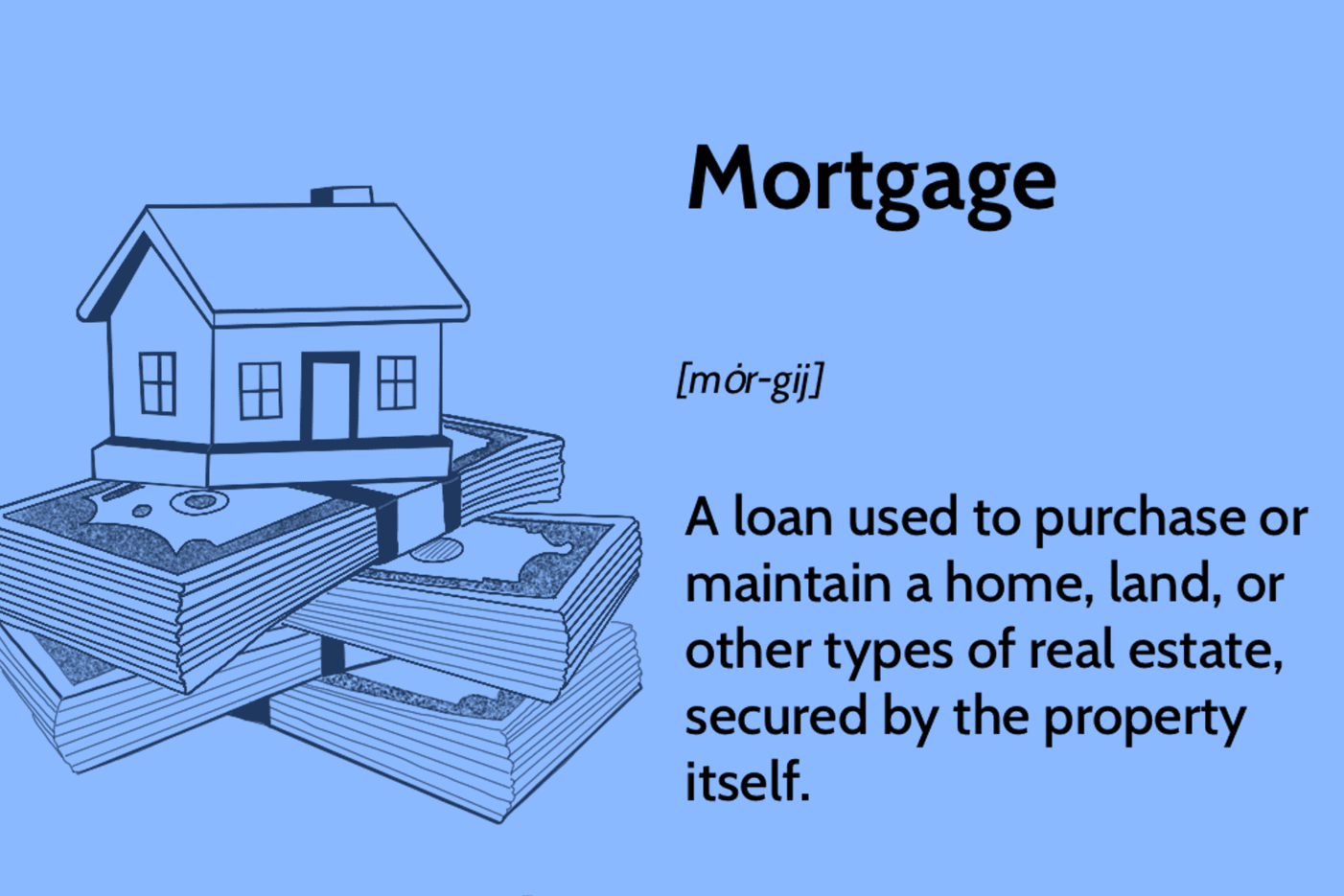If you’ve just bought a home or are new to homeownership, you may be asking yourself: “My house is mortgage — what does that mean?” You’re not alone.
When someone says “my house is mortgaged,” they typically mean they borrowed money to buy the home and are still in the process of paying it back. In this post, we’ll explain what it means to have a mortgaged home, who owns the property, and what rights and responsibilities you have as the homeowner.
What Does It Mean When Your House Is Mortgaged?
When your house is mortgaged:
- You own the home , but the lender holds a lien on the property until the loan is paid off.
- If you fail to make payments, the lender has the right to foreclose and take possession of the home.
- The mortgage secures the loan , giving the lender legal protection if you default.
In short:
✅ You own the house — but the lender has a financial claim (lien) on it until the mortgage is paid in full.

Key Things to Know About Having a Mortgaged Home
1. You Are Still the Legal Owner
Even with a mortgage, you’re the legal owner of the property. This means:
- You can sell it
- You can rent it out (with lender approval)
- You can leave it to heirs in your will
2. You Must Meet Loan Obligations
With homeownership comes responsibility:
- Make monthly mortgage payments on time
- Pay property taxes
- Maintain homeowners insurance
- Keep the home in good condition
Failing to meet these obligations can result in foreclosure .
3. Your Equity Grows Over Time
Each mortgage payment reduces your loan balance and increases your home equity — the difference between what your home is worth and what you owe.
For example:
- Home value: $350,000
- Mortgage balance: $280,000
→ Equity = $70,000
As you pay down the loan or your home appreciates in value, your equity grows — which you can use later for refinancing, home equity loans, or selling.
What Happens When You Want to Sell?
If you decide to move or upgrade:
- Your mortgage must be paid off at closing using the proceeds from the sale.
- Any remaining funds after paying off the loan go to you.
- If the home sells for less than what you owe, you may need to cover the difference unless you qualify for a short sale .
Can You Rent Out a Mortgaged Home?
Yes — but only if your lender allows it.
Most owner-occupied mortgages require you to live in the home for at least 6–12 months before renting it out. After that, you may:
- Notify your lender
- Refinance into a buy-to-let mortgage
- Continue with the existing loan (if allowed)
Be sure to inform your insurance company and switch to landlord insurance if needed.
Final Thoughts
Saying “my house is mortgaged” simply means you took out a loan to buy your home — which is true for the vast majority of homeowners. As long as you understand your responsibilities and continue making payments, you remain in full control of your property.
Homeownership is a powerful way to build wealth — and knowing how your mortgage works helps you make smart decisions now and in the future.
Frequently Asked Questions (FAQs)
Q1: Does having a mortgage mean I don’t own my house?
No, you legally own the house. The lender holds a lien until the loan is paid off.
Q2: Can I rent out my mortgaged home?
Yes, but you may need permission from your lender or refinance into a buy-to-let mortgage.
Q3: What happens to my mortgage if I die?
Your heirs inherit the home and can choose to keep it by refinancing or sell it to pay off the mortgage.
Join The Discussion